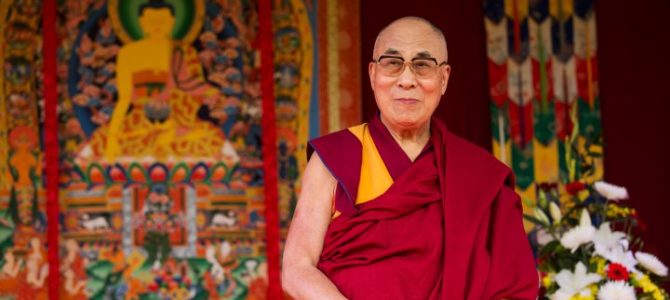Does Economics Determine Human History? David Langness•May 8, 2017 HISTORYPART 6 IN SERIES:HOW HISTORY WORKS Whatever progress is made by man, he always needs the Power of the Holy Spirit, for the power of man is limited and the Divine…
Does Economics Determine Human History?





